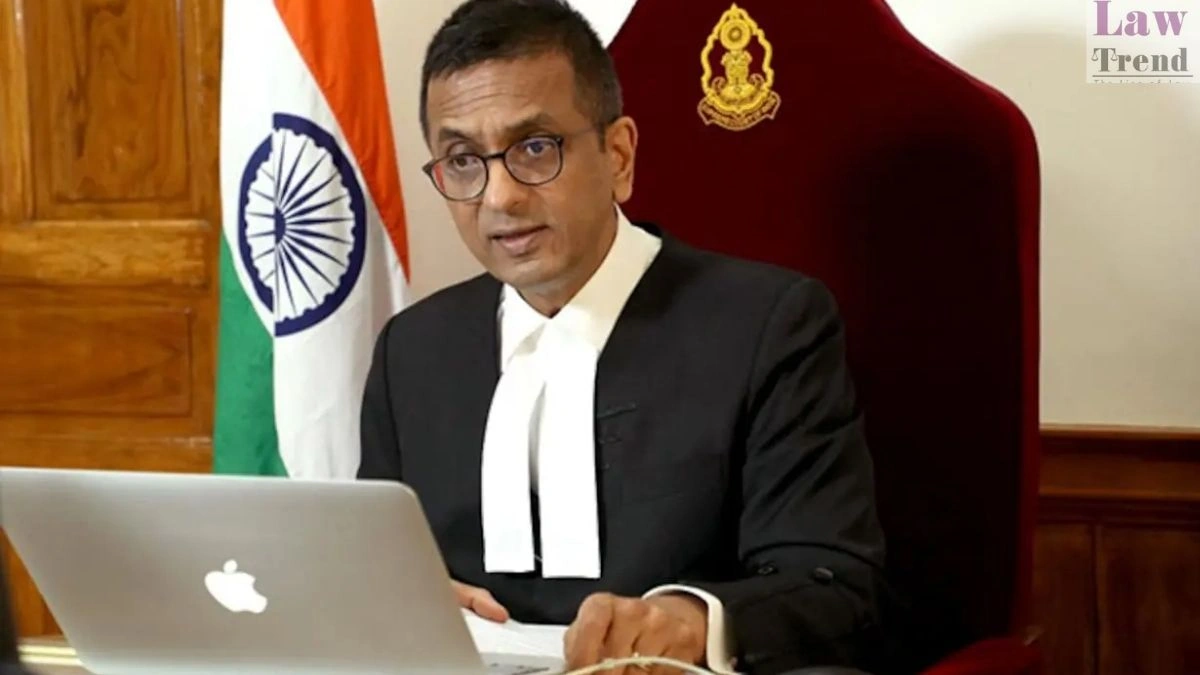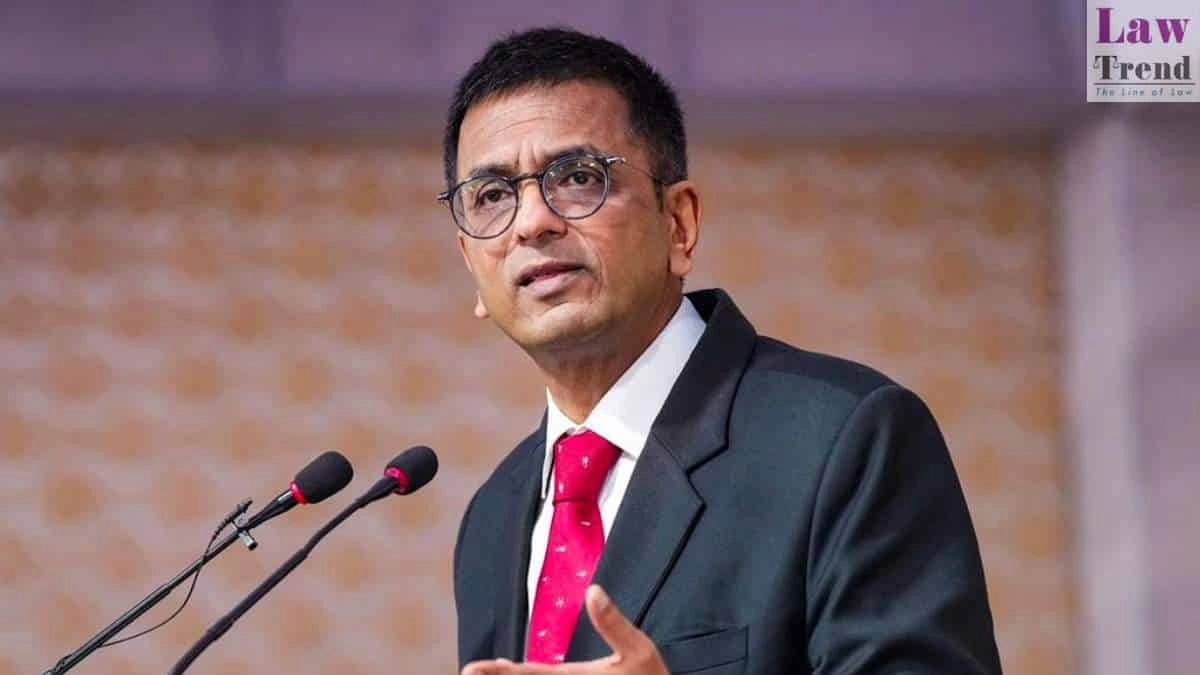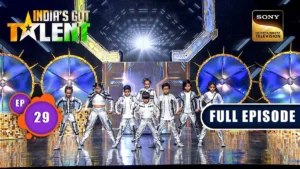CJI DY Chandrachud | Landmark Judgments by India’s Chief Justice
Chief Justice of India ( CJI DY Chandrachud ) is more than just a name; it’s a symbol of judicial evolution in India. Let’s be honest, the legal world can seem distant, all those complex rulings, procedures, and precedents. But sometimes, a figure emerges who not only upholds the law but also shapes it in profound ways. That’s exactly what CJI DY Chandrachud has been doing, and it’s time we took a closer look at why his tenure is so significant.
I’m not just talking about legal victories and losses here. I’m diving into the real-world impact of his judgments – the “why” behind the headlines. What fascinates me is how a single judge can influence the lives of millions. Buckle up; this is going to be insightful.
A Legacy of Progressive Judgments

What sets CJI DY Chandrachud apart? It’s his consistent commitment to progressive interpretations of the law. He isn’t afraid to challenge established norms and bring the judiciary in line with contemporary societal values. According to various legal experts , his judgments often reflect a deep understanding of social justice and individual rights.
Consider the landmark judgments on gender equality, freedom of speech, and digital rights. These aren’t just legal pronouncements; they are statements about the kind of India we aspire to be. But what makes these judgments truly impactful is the clarity and reasoning behind them. He doesn’t just deliver verdicts; he articulates the rationale in a way that resonates with the common citizen. It’s this transparency that helps to build trust in the judiciary.
Key Judgments and Their Impact
Let’s dive into some specific cases. The abrogation of Article 370 case is a big one. CJI Chandrachud’s perspective and handling of the arguments, balancing national security concerns with individual liberties, was closely watched. And the judgments concerning electoral bonds – talk about transparency in political funding! The Supreme Court struck down the electoral bonds scheme, calling it unconstitutional and a violation of the right to information. The court directed the State Bank of India (SBI) to disclose details of electoral bonds purchased since April 12, 2019.
But, what’s the impact on Indian citizens ? Well, these decisions directly affect transparency, accountability, and the very fabric of our democracy. Now, these aren’t just abstract concepts. They translate into a more informed electorate, a more accountable government, and a more just society. These judgments, at their core, aim to protect the rights and freedoms guaranteed by the Constitution.
The Balancing Act | Rights vs. Responsibilities
Here’s the thing: upholding individual rights isn’t always easy. It often involves navigating complex ethical and social dilemmas. CJI Chandrachud has consistently emphasized the importance of balancing individual freedoms with societal responsibilities. It’s a delicate act, and it requires a deep understanding of the Indian context. What I mean is, India is a diverse country with a huge population and a plethora of opinions; every law has a butterfly effect on someone’s life.
Take, for example, the debate around freedom of speech on social media. While advocating for the protection of free expression, he has also cautioned against the spread of misinformation and hate speech. It’s about finding that sweet spot where people can express themselves freely without infringing upon the rights and safety of others. This nuanced approach showcases his commitment to upholding the Constitution in its true spirit.
And speaking of nuance, another important case that came to mind is the one related to privacy. How does the right to privacy play out in an increasingly digital world? These aren’t simple questions. And the answers require a deep understanding of technology, ethics, and law.
The Future of the Indian Judiciary Under CJI Chandrachud
So, what does the future hold? Under CJI Chandrachud’s leadership, the Indian judiciary is poised to become more accessible, transparent, and responsive to the needs of the common citizen. One of his key priorities has been to leverage technology to streamline court processes and reduce pendency of cases. The introduction of e-filing and virtual hearings has already made a significant difference, especially during the pandemic. Check out this other article.
But beyond technology, it’s the human element that truly matters. His emphasis on judicial empathy and his willingness to listen to diverse perspectives will shape the future of the Indian judiciary. What I see is a judiciary that is not just a guardian of the law but also a champion of justice. And for a lighter topic, here’s a read on Daughters’ Day.
Challenges and Criticisms
No leader is without their critics. CJI DY Chandrachud has faced his share of challenges and scrutiny. Some argue that certain judgments have overstepped the boundaries of judicial activism, while others feel that progress on certain issues has been too slow. The criticism of judicial activism often revolves around concerns that the court is encroaching upon the legislative and executive domains.
However, what I find interesting is that these debates are a healthy part of any democracy. Constructive criticism keeps the judiciary accountable and ensures that its decisions are always subject to public scrutiny. What’s important is that these criticisms are addressed with transparency and a willingness to engage in open dialogue.
FAQ Section
Frequently Asked Questions (FAQs)
What is CJI DY Chandrachud’s most significant contribution to Indian jurisprudence?
His progressive interpretation of the Constitution, especially concerning individual rights and social justice, stands out.
How has he addressed the issue of pendency of cases in Indian courts?
He has actively promoted the use of technology, such as e-filing and virtual hearings, to streamline court processes and reduce the backlog.
What are some of the criticisms leveled against his tenure?
Some critics argue that certain judgments reflect judicial overreach, while others express concerns about the pace of progress on specific issues.
How has he balanced individual rights with societal responsibilities in his judgments?
He has emphasized the importance of finding a middle ground where individual freedoms are protected without infringing upon the rights and safety of others.
What is the electoral bonds scheme and why was it struck down?
It was a scheme allowing anonymous donations to political parties. The Supreme Court deemed it unconstitutional, citing a violation of the right to information.
Where can I find more information about his landmark judgments?
You can refer to the Supreme Court’s official website and reputed legal news websites for detailed reports and analysis of his judgments Wikipedia .
In conclusion, CJI DY Chandrachud’s tenure is not just about legal rulings; it’s about shaping the future of India. His progressive vision, commitment to justice, and willingness to embrace change make him a truly transformative figure in the Indian judiciary. His actions and judgments are worth understanding because they affect each and every one of us.













